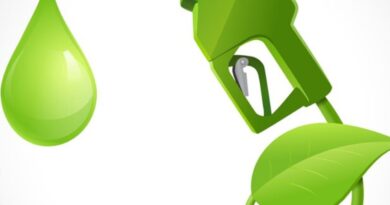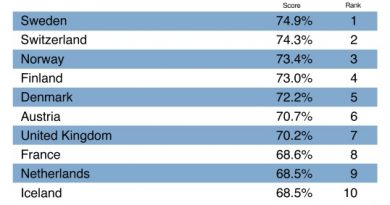From Landfills to Green Energy: The Environmental Benefits of CBG Production from MSW Waste
 Prince Gandhi, CEO at CEID Consultants and Engineering Pvt Ltd
Prince Gandhi, CEO at CEID Consultants and Engineering Pvt Ltd
The municipal solid waste has been a challenging concern for years. One of the primary factors behind this exponential increase in waste generation is the rising population and urbanization. As the landfills are reaching their capacity, it is beginning to pose severe health and environmental risks. However, amid the crisis, CBG production is a sustainable solution to convert solid waste into wealth. The current state of the Compressed Biogas (CBG) market in India shows a promising upward slope with increasing interest from both private and public companies. As of April 2024, a total of 68 CBG plants and 194 retail CBG outlets have been successfully commissioned, marking a significant milestone in the country’s clean energy infrastructure. By March 2029, approximately 750 CBG plants are expected to be operational, reflecting the industry’s expanding role in driving clean energy initiatives and sustainable waste management.
In this pursuit, Prince Gandhi, CEO at CEID Consultants and Engineering Pvt Ltd says, “Using wet MSW waste in the CBG production can be a game-changing, sustainable solution in waste management and environmental preservation. By transforming organic waste into valuable biogas, the burden on overfilled landfills will not only be alleviated but will also restore land and improve the health of the soil. This approach can exemplify the potential for sustainable practice to create a cleaner and more resilient urban environment.”
Environmental Impact of CBG Production from Municipal Solid Waste
Profitable Assets for the government: Traditionally, much of the waste ends up in landfills, which occupy valuable land and contribute to environmental degradation. Therefore, to make MSW waste a profitable exchange, the government can focus on waste segregation and convert this waste into a valuable resource. The government can capitalize on waste by selling it to companies that are involved in the CBG manufacturing process such as CEID Consultants who offer specialized waste segregation services as well. Using multi-feed technology, the company has experience in setting up large-scale waste-handling plants. This waste-to-wealth exchange will not only boost the overall economy but will also provide significant returns on investment (ROI) to the government.
Promoting Circular Economy through CBG Production:
CBG production embodies the principles of a circular economy by converting waste into valuable resources. The process generates biogas, which can be used as a renewable energy source, and digestate, a nutrient-rich byproduct that can be used as organic fertilizer. This promotes resource recovery and reduces dependence on fossil fuels and synthetic fertilizers, contributing to a more sustainable and self-sufficient economy.
“The shift towards CBG production from municipal waste addresses the critical issues of waste management and landfill overload and paves the way for a sustainable energy future. Being one of the pioneering players in this sector, We are additionally involved in a solid waste management project in Chennai, Tamil Nadu, where we have been allocated the responsibility of managing 840 tons of solid municipal waste and have been generating gas from it for the past year and a half. That’s not all, we have also been awarded by the Municipal Corporation of Delhi (MCD) to set up 700 TPD cattle-dung-based CBG plants in Delhi,” says Mr. Gandhi from CEID Consultants.
Mitigating Pollution: Addressing Landfill-Related Emissions: Landfills are notorious for their contribution to air and water pollution. The decomposition of organic waste in landfills releases volatile organic compounds (VOCs) and other harmful gases, leading to air pollution and health hazards for nearby residents. Additionally, leachate from landfills can seep into groundwater, contaminating water sources. CBG production addresses these issues by diverting organic waste from landfills and reducing air and water pollution.
Enhancing Renewable Energy Adoption:
CBG is a very versatile and ideal sustainable alternative to traditional sources like fossil fuels. It can be used as a fuel for vehicles which leads to reducing dependency on conventional sources like fossil fuels which lowers vehicular emissions. Additionally, CBG can be utilized for power generation, providing a clean and sustainable energy alternative. The adoption of CBG as a renewable energy source aligns with global efforts to transition to cleaner energy systems and combat climate change.
Further adding to it, Prince Gandhi from CEID says, “Our dedication to environmental stewardship drives us to continually innovate. We already have MSW projects underway for the processing of MSW in Ranchi and Kochi; the Rachi project will begin operations in the next two months, while the Kochi project is scheduled to be finished within the next year.
CBG production from wet MSW waste can be a significant step towards sustainable waste management and renewable energy production. It not only aligns with the broader goals of sustainable development but encourages economic opportunities and also supports the transition to a circular economy. As MSW continues to grapple with the challenge of waste management, the production of CBG comes as a ray of light showcasing that waste can be transformed into a valuable resource for a greener and healthier future.




